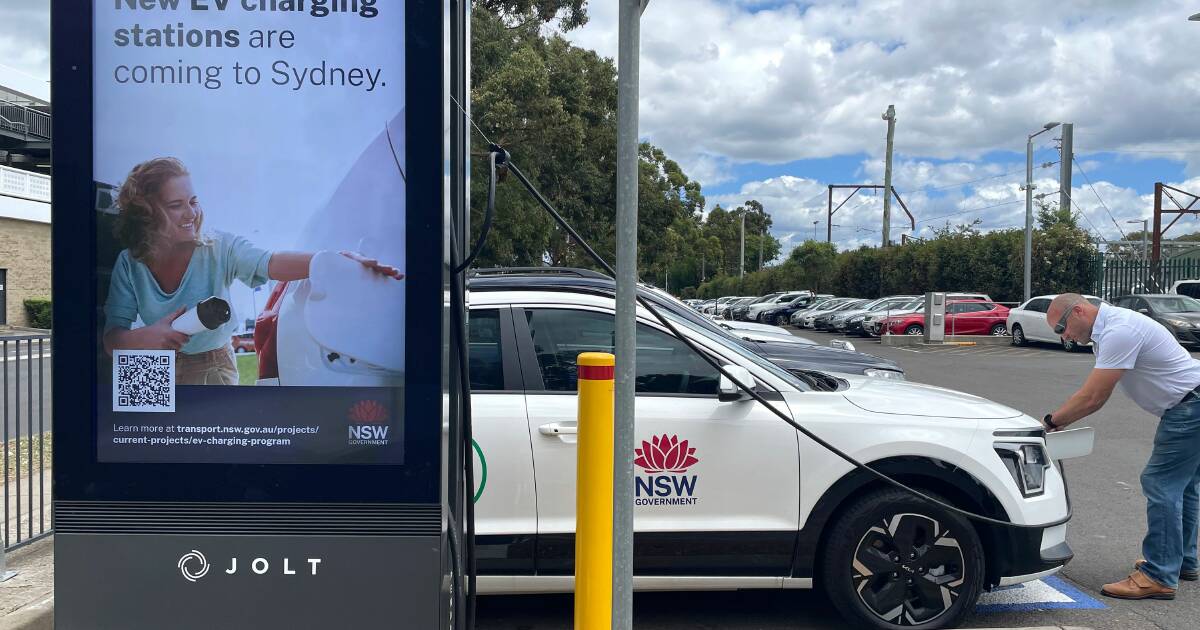Before their car arrives, many people think that hunting down the cheapest (or free) energy is what you need to do, but you soon realise it's the convenience and simplicity of home charging that is the advantage. The follow calculations vary massively based on your solar export rate, but for me with an export rate of 10.869c/kWh, 7 kWh is about 76 cents. Is it really worth driving to your nearest Jolt charger, plugging it in, waiting 15 minutes and then driving home to save 76c? Noting that (as mentioned above) if you go over, there is a 50c flagfall, so you've only saved 26c. If the charger is 10 km from your house you've basically saved nothing.



